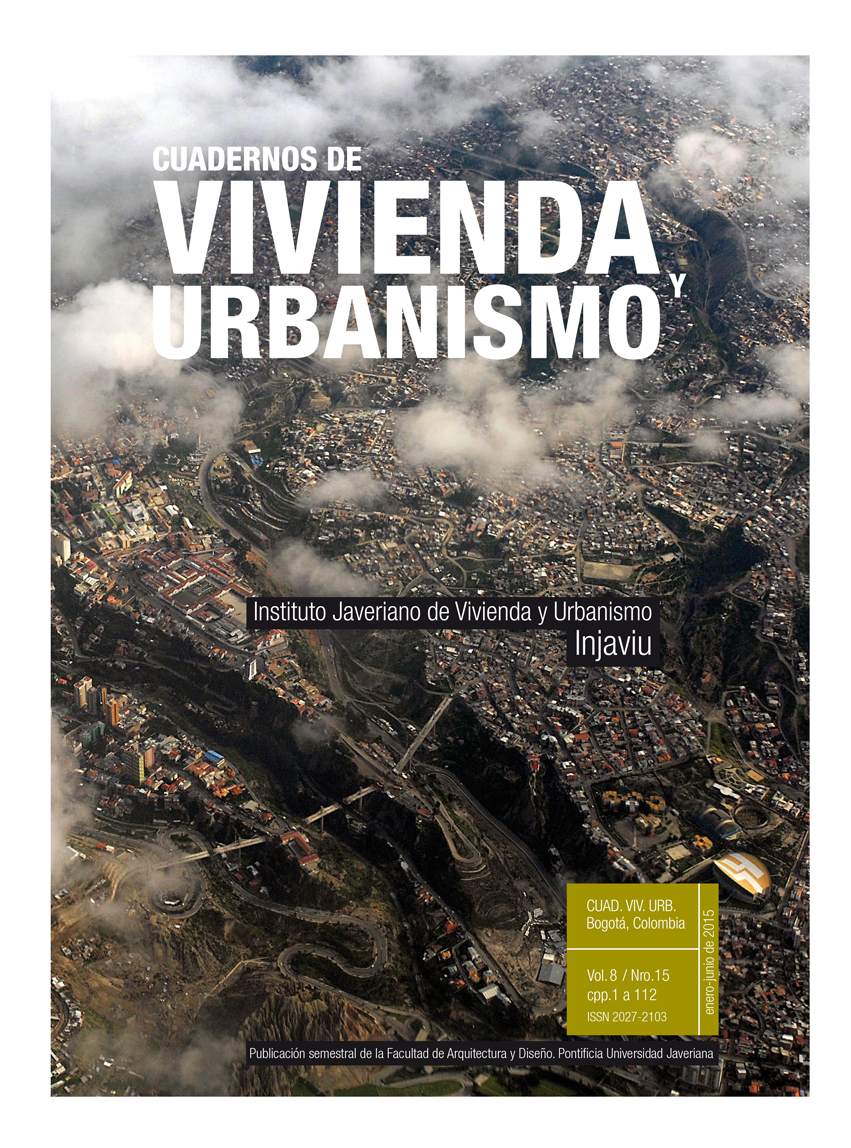Abstract
In recent years, the rental -formal and informal- in Buenos Aires City is becoming theresidential strategy used by the homes of the middle and low class to access housing.This phenomenon is reflected in the statistics, because in 2001 the tenant populationconstituted 22.2% and by 2010 increased to 30%. With this setting, this article aims toanalyze the process of sustained increase in tenants gaining strength in recent decades,taking into account the characteristics of this population and the role of state and market.This analysis is resorted to primary (testimonial information) and secondary sources(statistical data statistics taken from the National Census of Population, Householdsand Housing 2001 and 2010 and the Permanent Survey of Households (INDEC, 2010;2012)), with a qualitative approach to interpret the meanings and connotations that arebehind the phenomenon.This journal is registered under a Creative Commons Attribution 4.0 International Public License. Thus, this work may be reproduced, distributed, and publicly shared in digital format, as long as the names of the authors and Pontificia Universidad Javeriana are acknowledged. Others are allowed to quote, adapt, transform, auto-archive, republish, and create based on this material, for any purpose (even commercial ones), provided the authorship is duly acknowledged, a link to the original work is provided, and it is specified if changes have been made. Pontificia Universidad Javeriana does not hold the rights of published works and the authors are solely responsible for the contents of their works; they keep the moral, intellectual, privacy, and publicity rights.
Approving the intervention of the work (review, copy-editing, translation, layout) and the following outreach, are granted through an use license and not through an assignment of rights. This means the journal and Pontificia Universidad Javeriana cannot be held responsible for any ethical malpractice by the authors. As a consequence of the protection granted by the use license, the journal is not required to publish recantations or modify information already published, unless the errata stems from the editorial management process. Publishing contents in this journal does not generate royalties for contributors.


